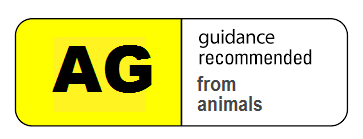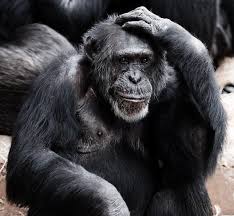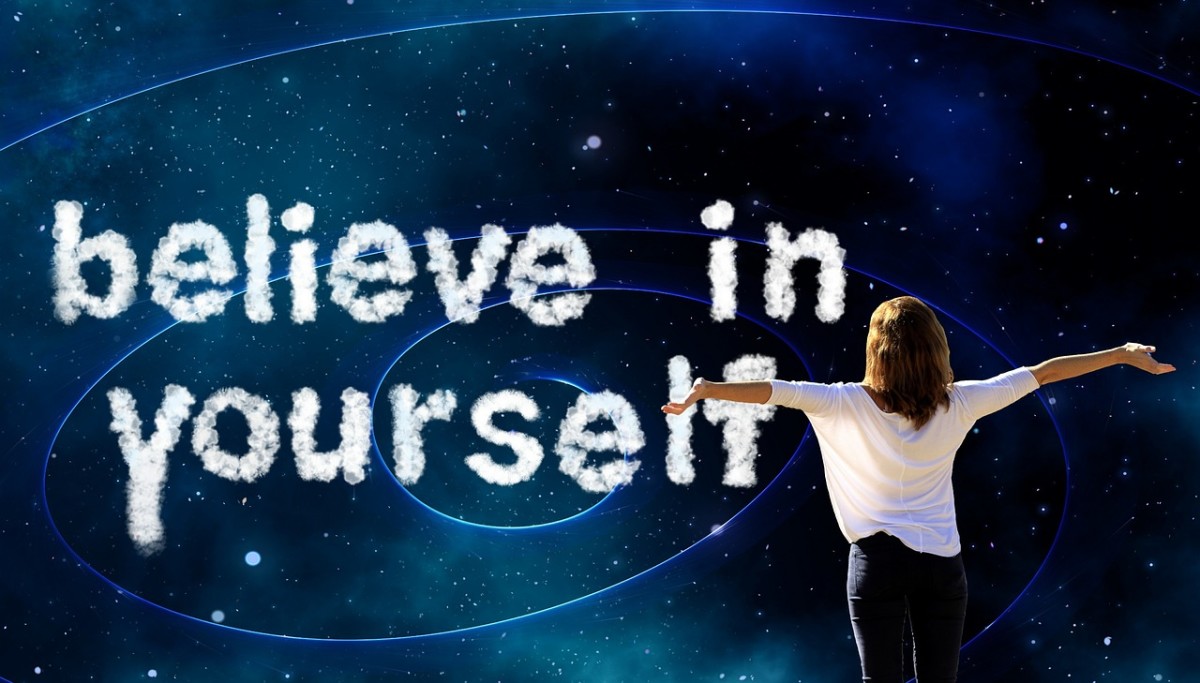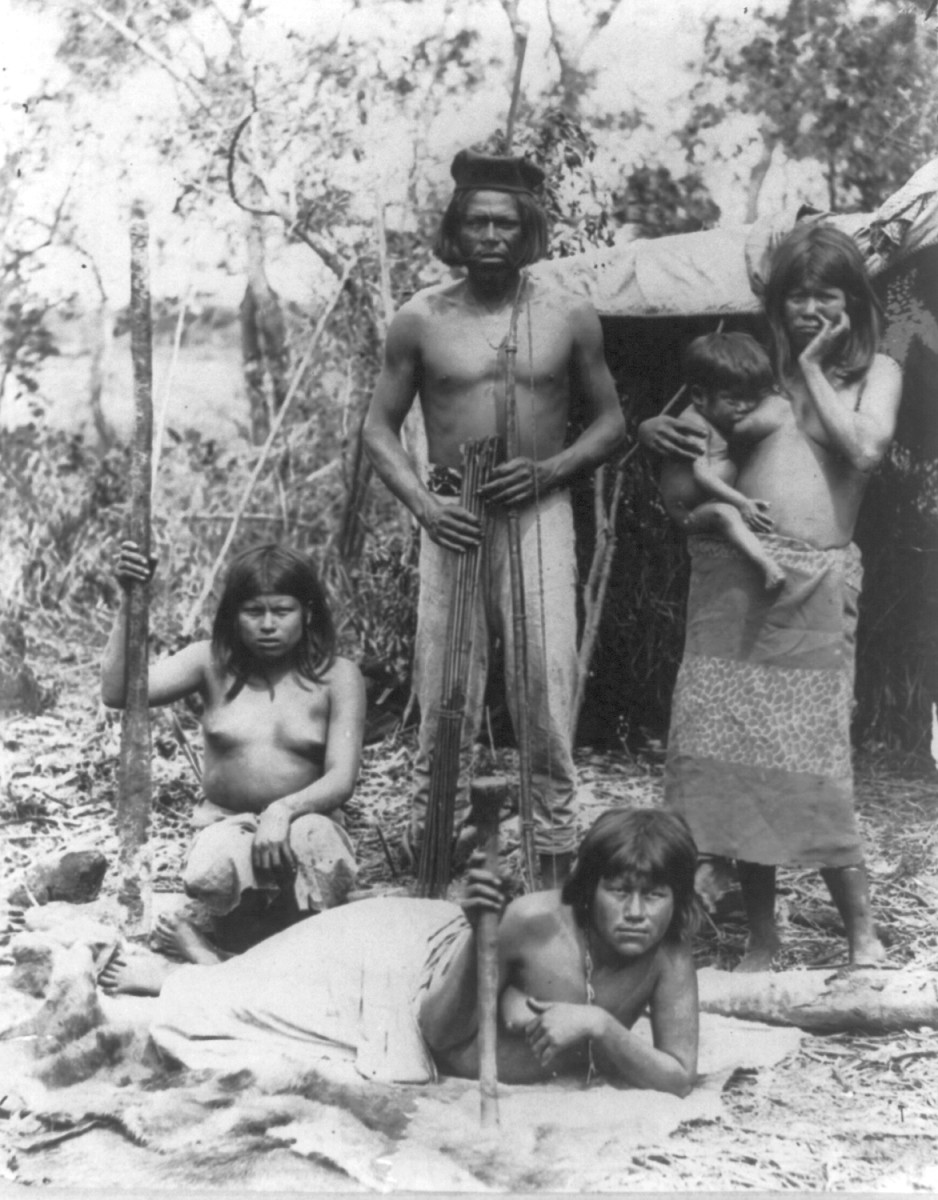What is human Forte?
What is human Forte?
The most popular view, I think points to intellectual pursuits, a unique part of the human.
But I can't understand this.
Whenever we humans attempt something, unless one is careful enough to take whatever precautions are necessary and, have constant monitoring all throughout, the end will never be a success. The vast multitude of publicity material, like posters harping on good, safe practices, a permanent part of any workshop, I think is a good proof. (But we are confronting this in a different manner, taking errors as a necessary part of learning, a distinct part of humans. Such literature do not specify why for humans only, learning is necessary!)



Whereas, whatever other forms of life attempts, unless some calamity occurs, will invariably end in success, that too, with hardly any need for precautions or supervision. Isn't this the main difference between humans and other forms of life?
Take the case of food. Firstly, unless one takes care to find out, one can never know that there is a need to examine carefully, whatever is there to eat. And only when such examination is done, we can know whether it is fit for eating. More than that, unless one eats food chosen in a particular manner, one may land up with health problems and deficiencies.
How Humans Fare
In short, humans have no natural ability even for the basic activity of feeding oneself.
If we examine further such fundamental activities of life, it can be easily seen that, here also, as in the earlier case, we have no innate knack. We need external assistance, or monitoring, or both, even for one of the most basic functions of a species, procreation. And when it comes to the ‘trade mark’ function of humans, thinking, the matter gets a little more interesting. Since here, any letup in constant supervision and, regulatory or societal controls, will be felt immediately as irrepairable damage, that too, to the future of the species itself.
What one can gather from the above is that, in earlier days we have been giving vent to whatever natural talents we had, in various forms, both of thoughts and actions. This would have been resulting in skirmishes, wars, pestilence and total destruction. Over a period of time, other aspects of life, like pastimes, intellectual pursuits, and spiritual initiatives, would have come to fore. Only by invoking such ideas in our thinking, we would have been able to channel our thoughts in a rather less harmful direction. Over time, whatever would have been our natural talents originally, gave way to these.
My doubt is, as a species, what would have been our forte? What are we naturally good at?
Is it art? Which is closely connected with beauty, which, philosophers say is but an excuse for making something desirable, overlooking its lack of utility.
Is it the desire to imitate? Is the urge to learn, a result of such a desire?
If it isn't that, what else?
Where do we Stand?
Animals will overtake humans


What's the Answer?
I think our ancient forefathers knew the answer. Or at least, they had the inkling that humans are not the ones at the top, they need to learn a lot. For, if we study closely, one can see that, invariably, in all old religions and cultures, the whole collection of super natural beings and other entities of worship are nothing but animals and beasts. Isn’t it possible that the early humans installed as deities whatever they found magnificent, terrific or awesome? And they venerated these deities as good examples of superior techniques, for people to learn, imitate or follow?
It is possible that such lifestyle continued for many generations. All of us tried to emulate the ‘superior’ deity, each one chose. That is how I think, we humans happen to have the full animal kingdom residing within our members. Whether it is one’s natural proclivity, choice of skills, dietary preferences, as well as, one’s qualities and abilities, there is no member of the animal kingdom, which cannot find a representative, hiding within the human race.
Final Thoughts
I think we need to change our ideas about humans, animals, or both.
As far as simple things are concerned, we keep on adding complexity and congratulate ourselves that we are capable of learning complex things. When it comes to complex things, our approach is not quite predictable. In some cases, we adopt certain principles of deduction, like reducing to the abstract, to get an answer. In some other cases, even when it is obvious that some approach like this would have worked, we continue with our perplexed selves, the complexity continuing to bewilder us. The way we confront our body and its health is a good example of the former. Extremism, and our reaction to most of the issues connected with our mind, especially the spiritual, is a good example of the latter.







